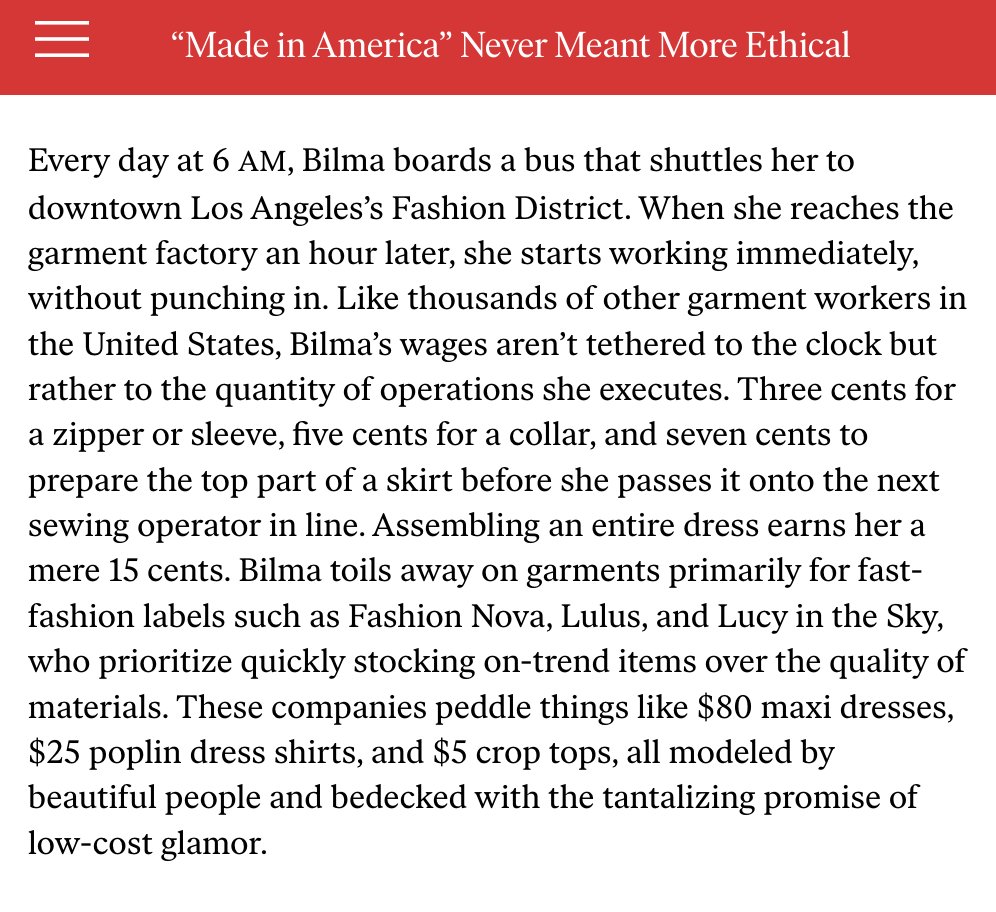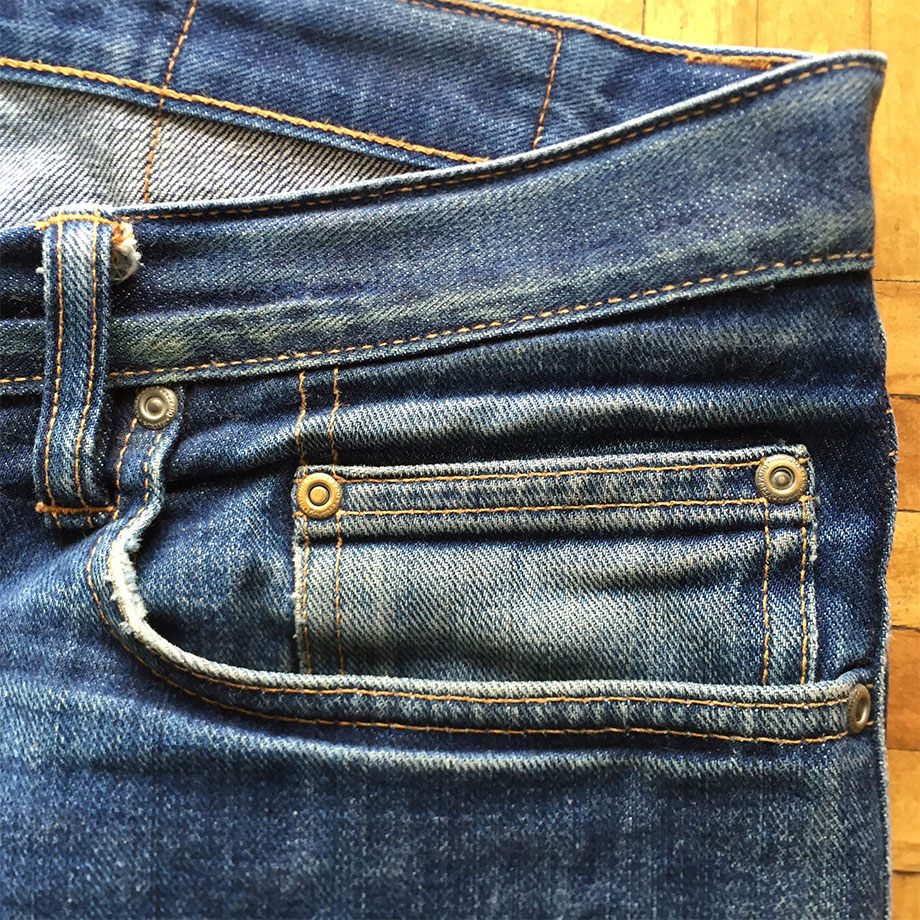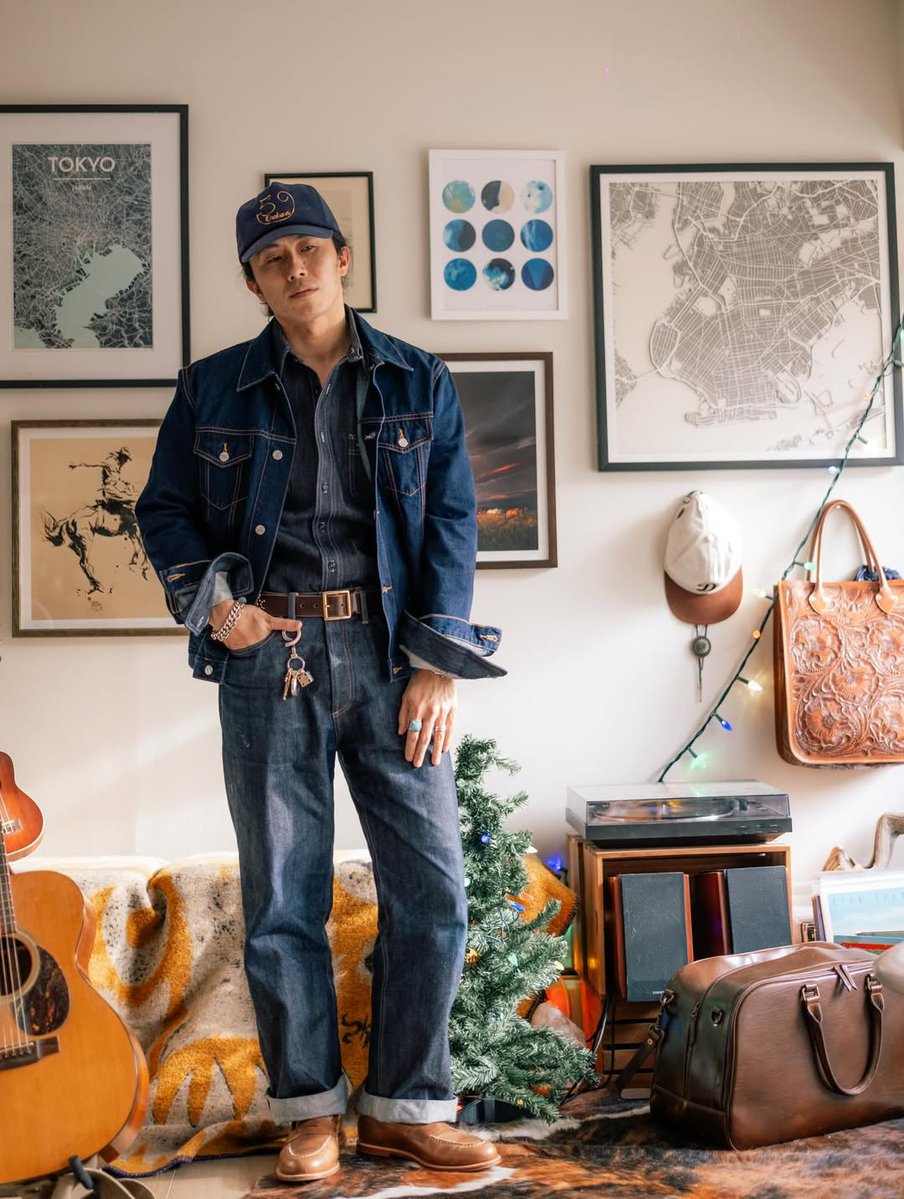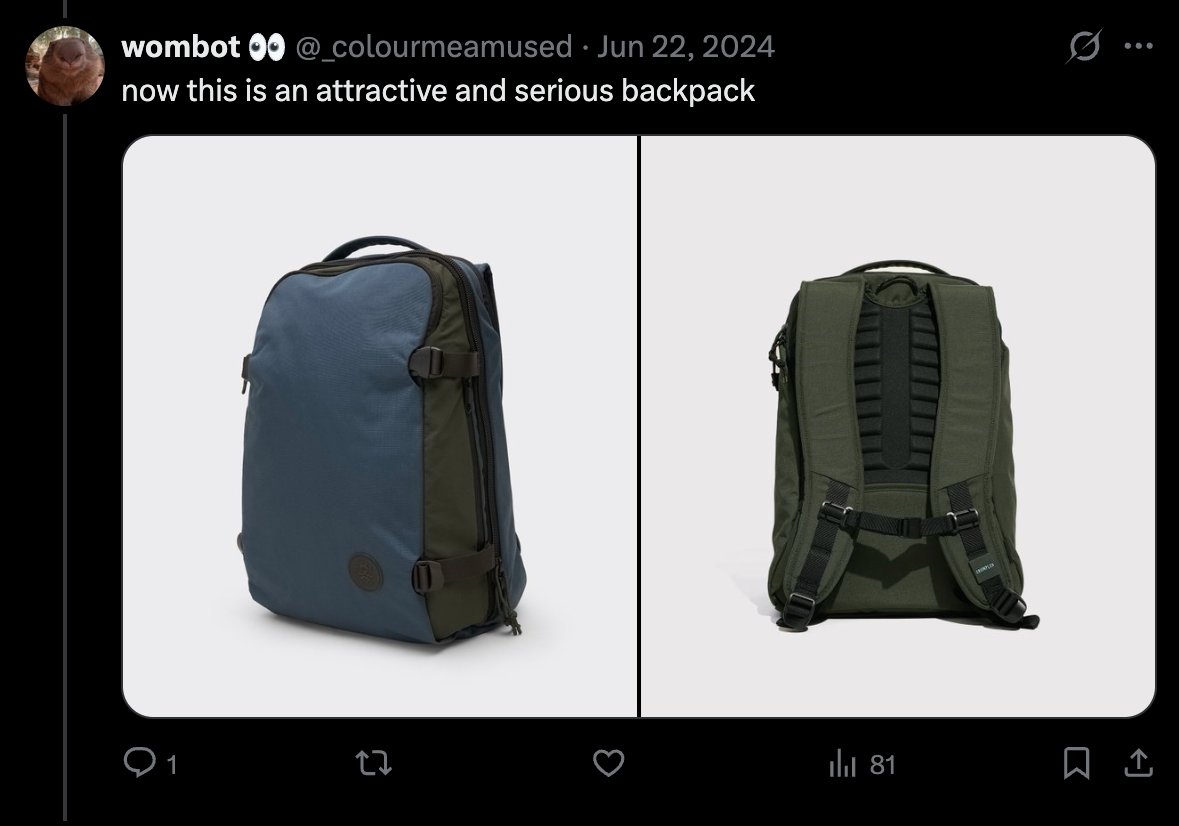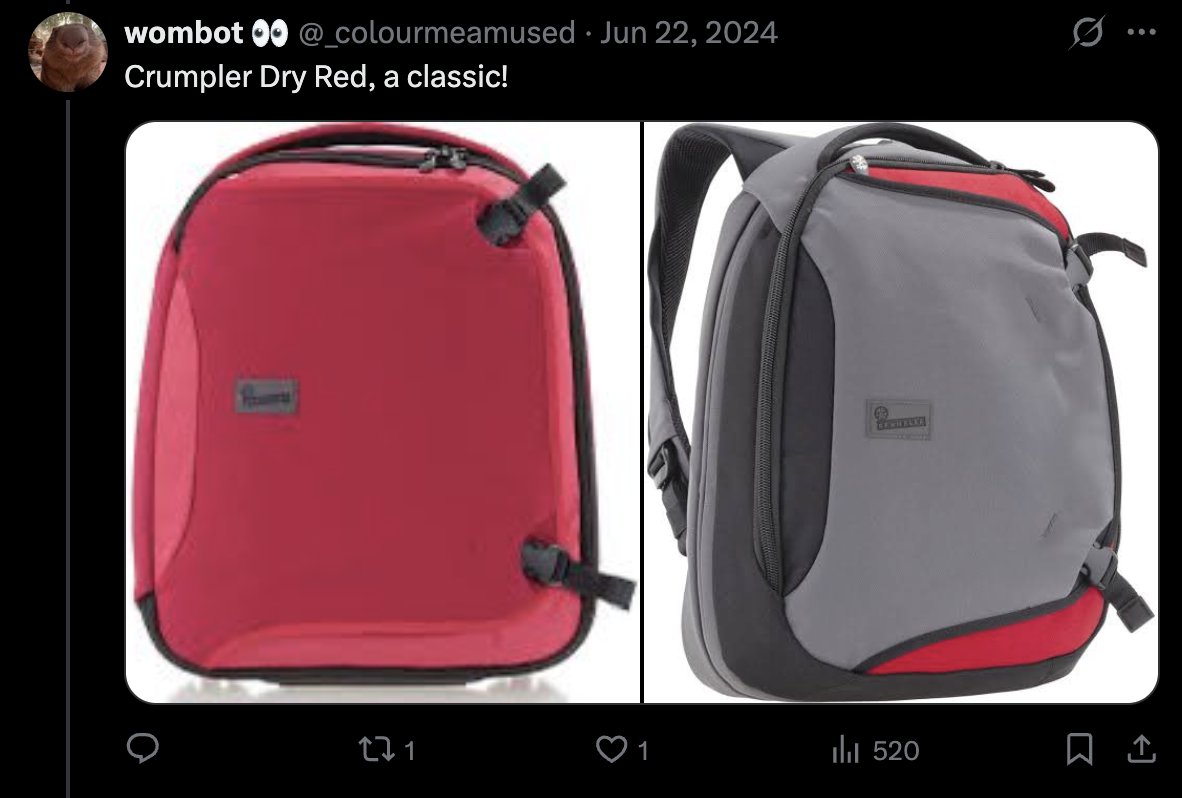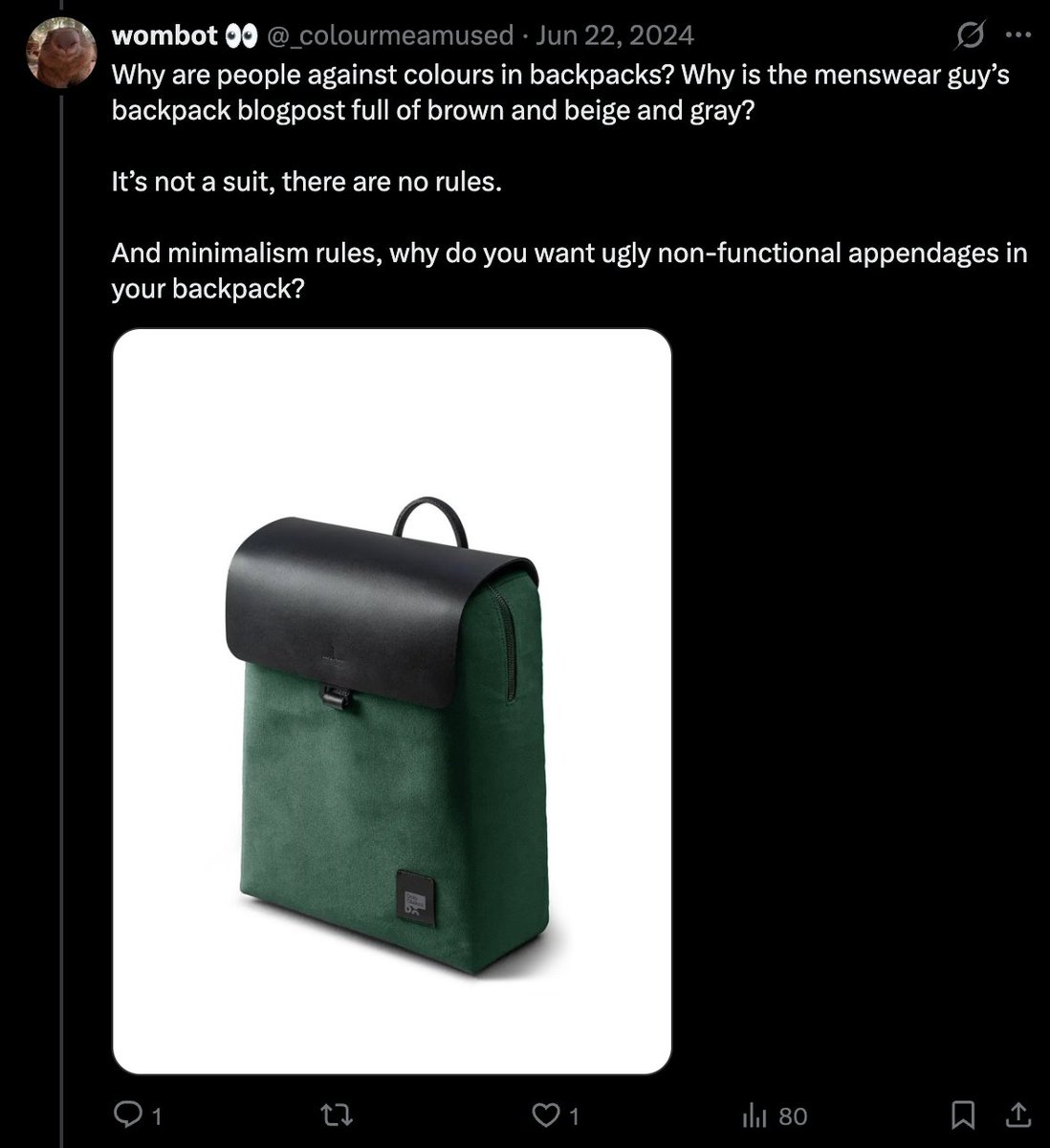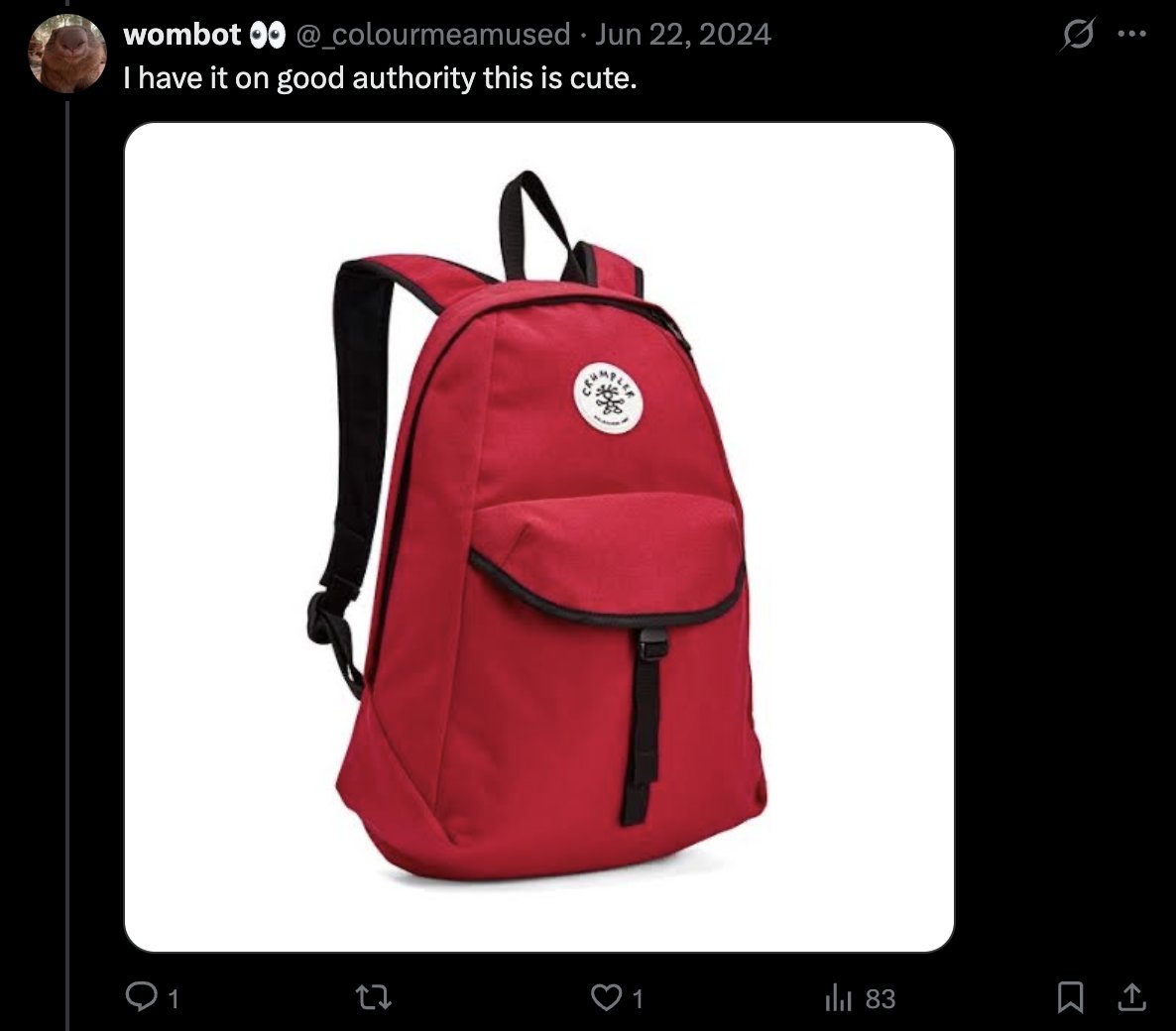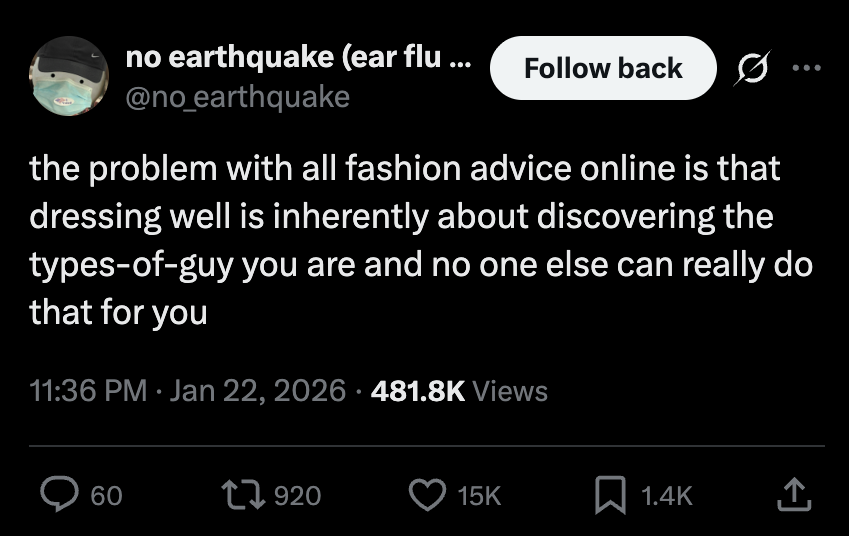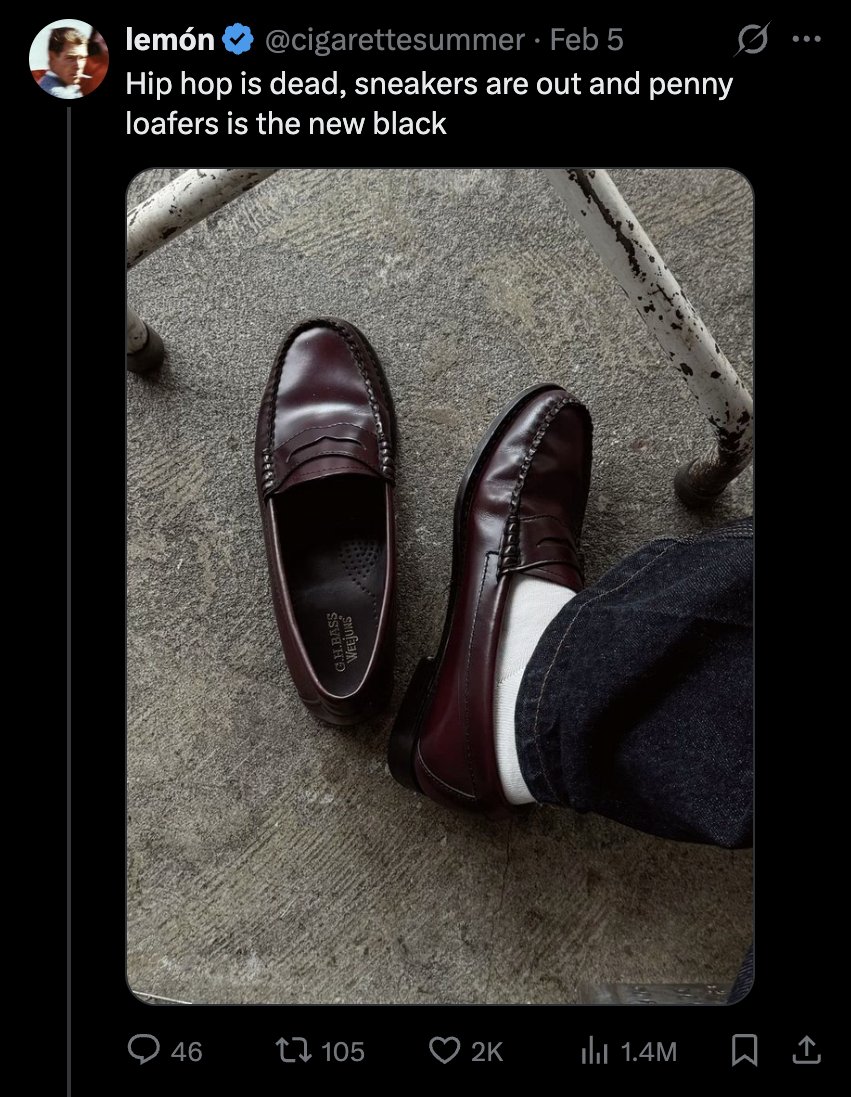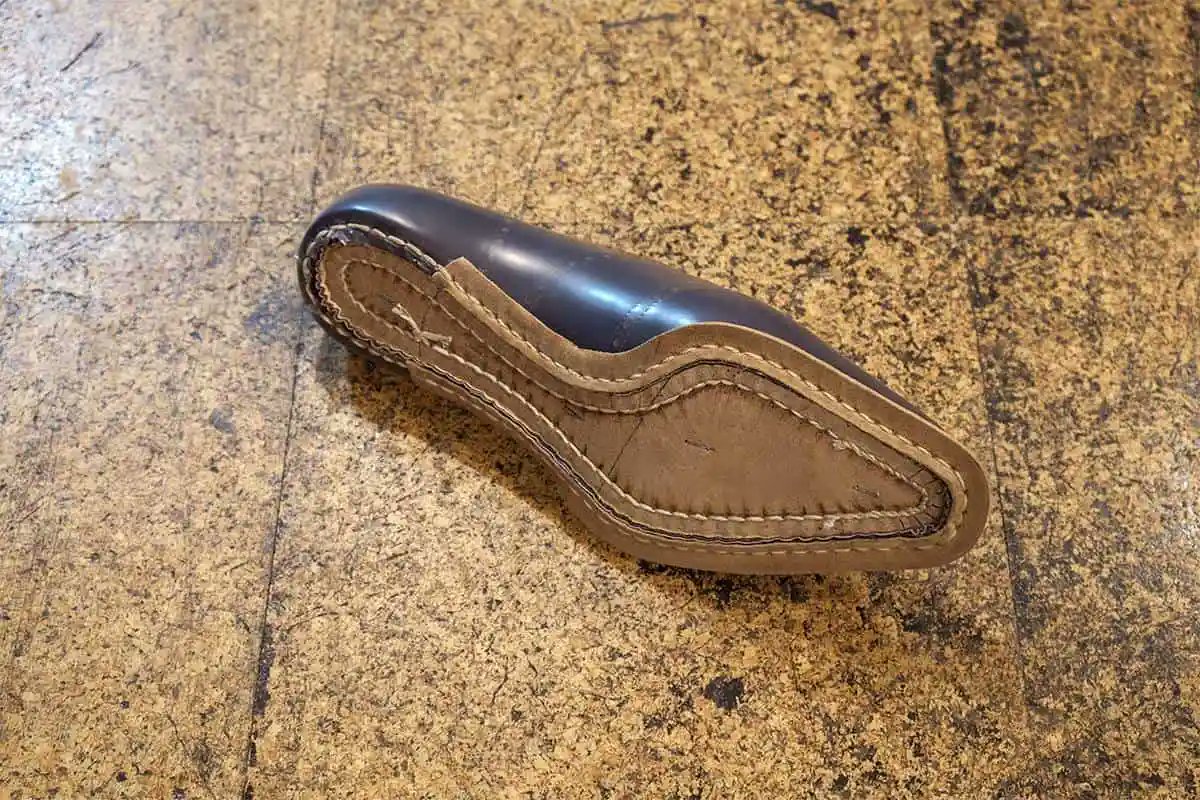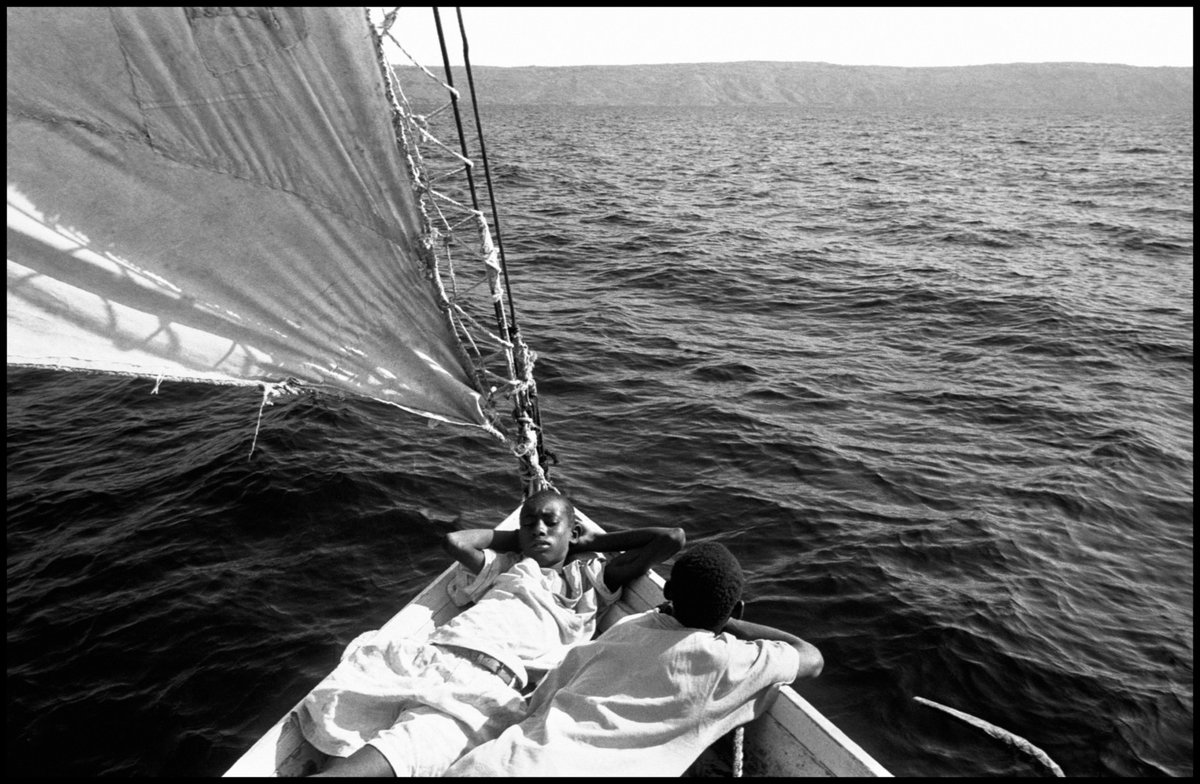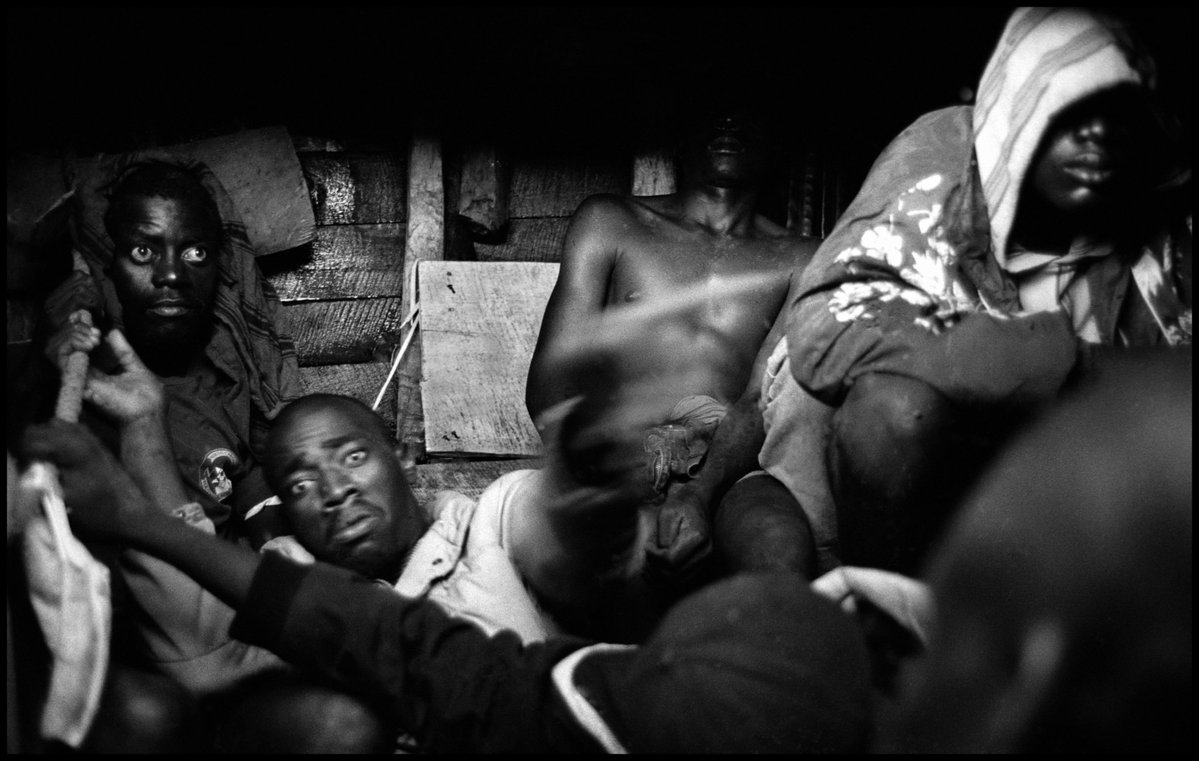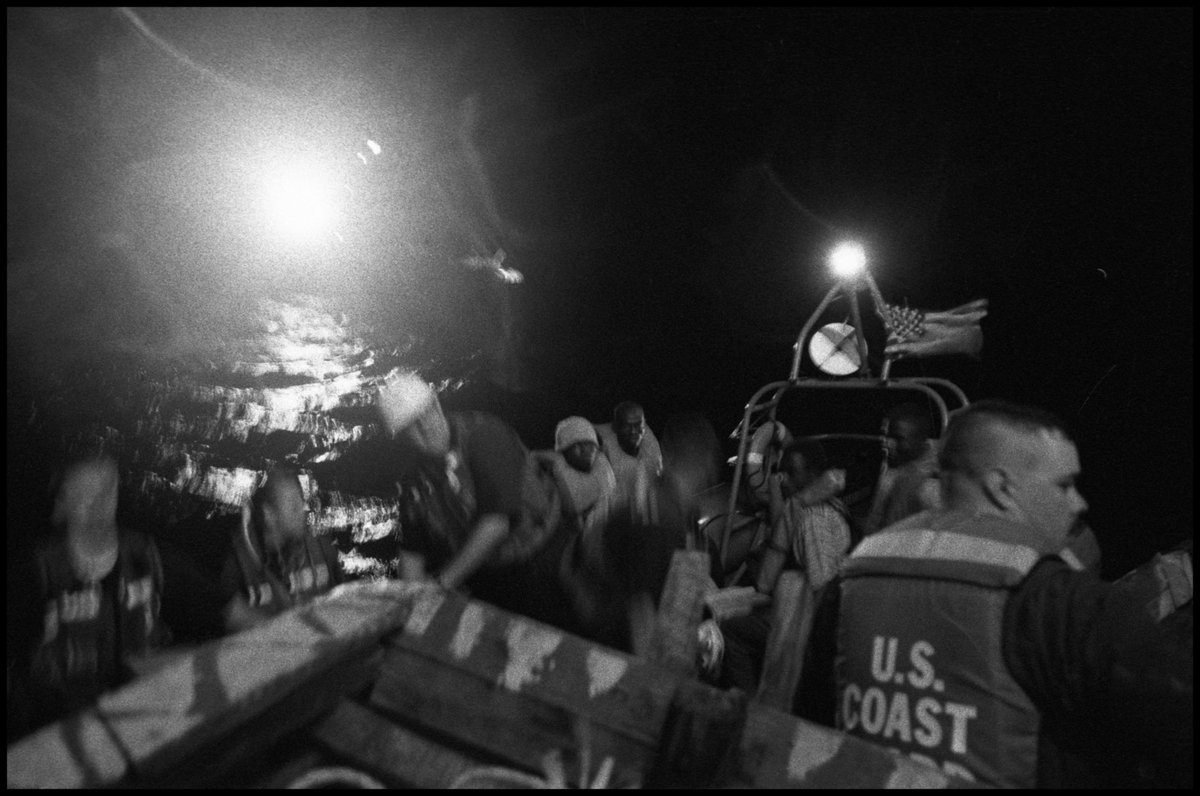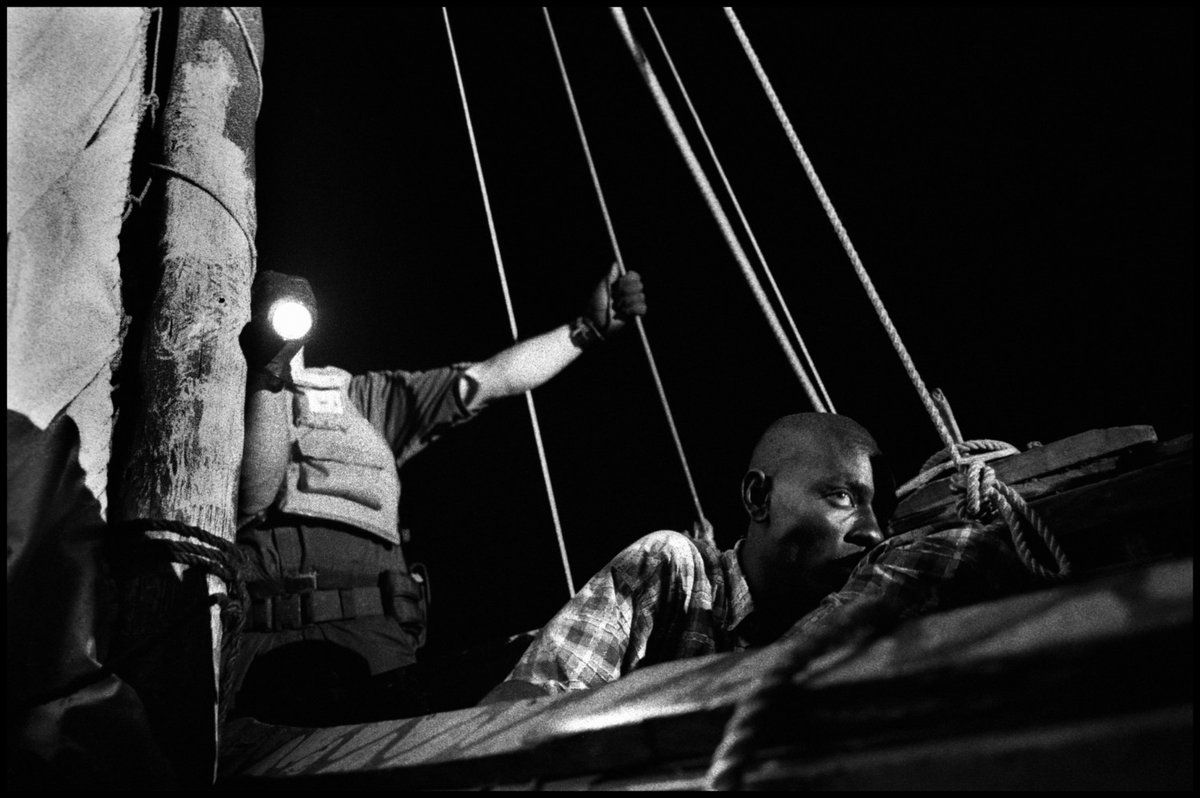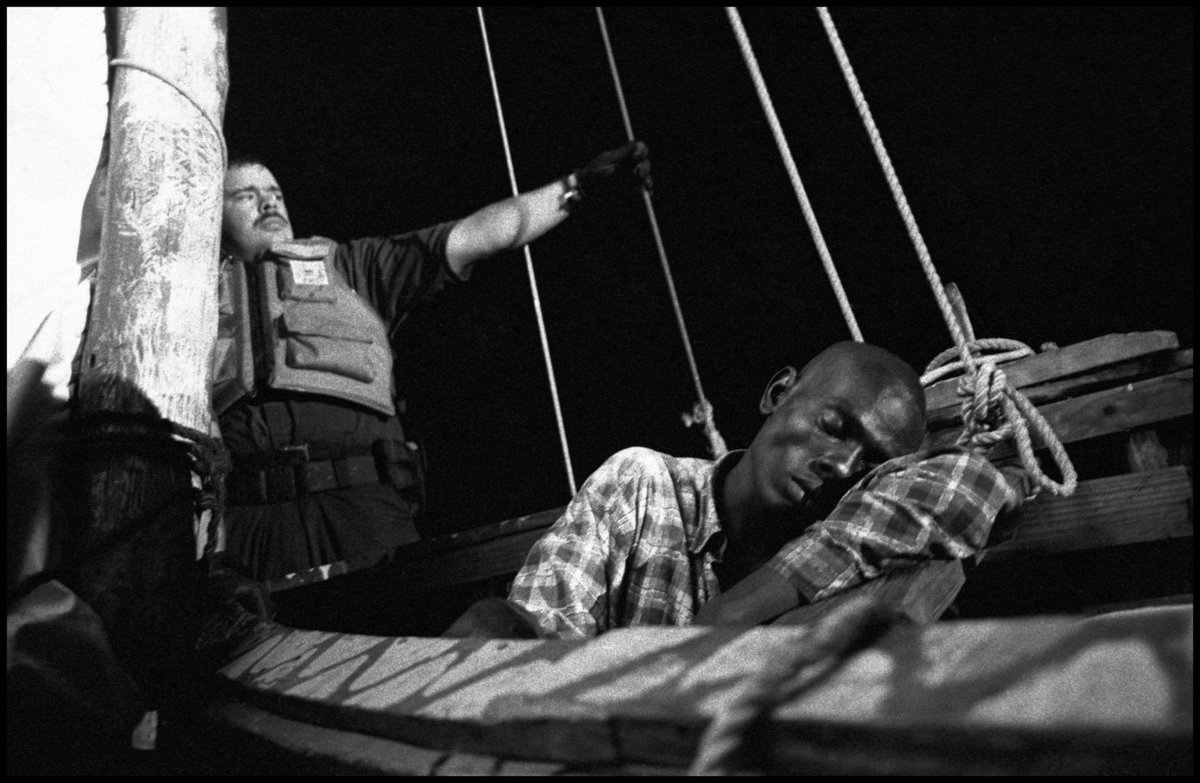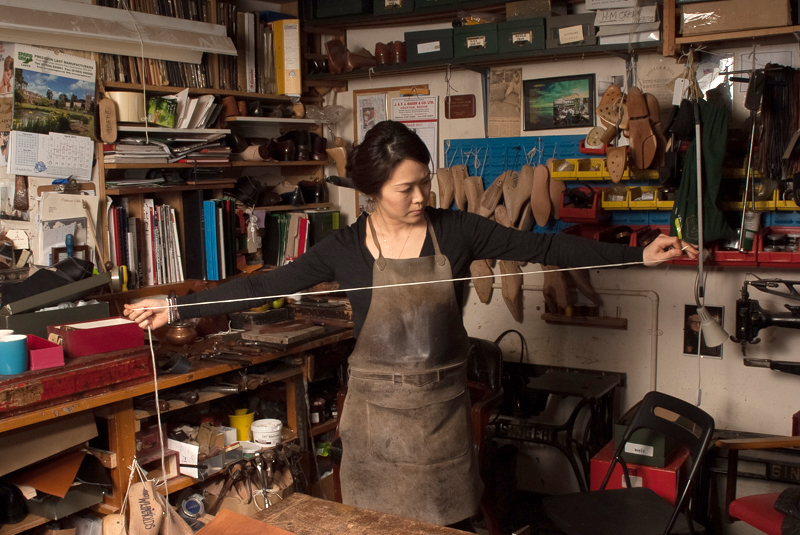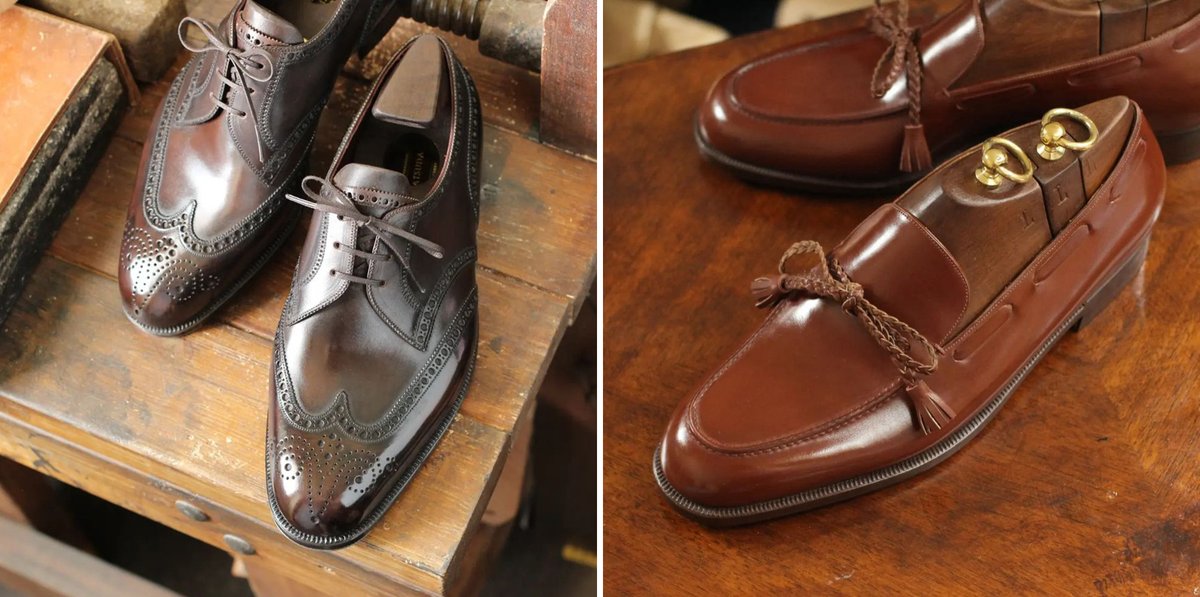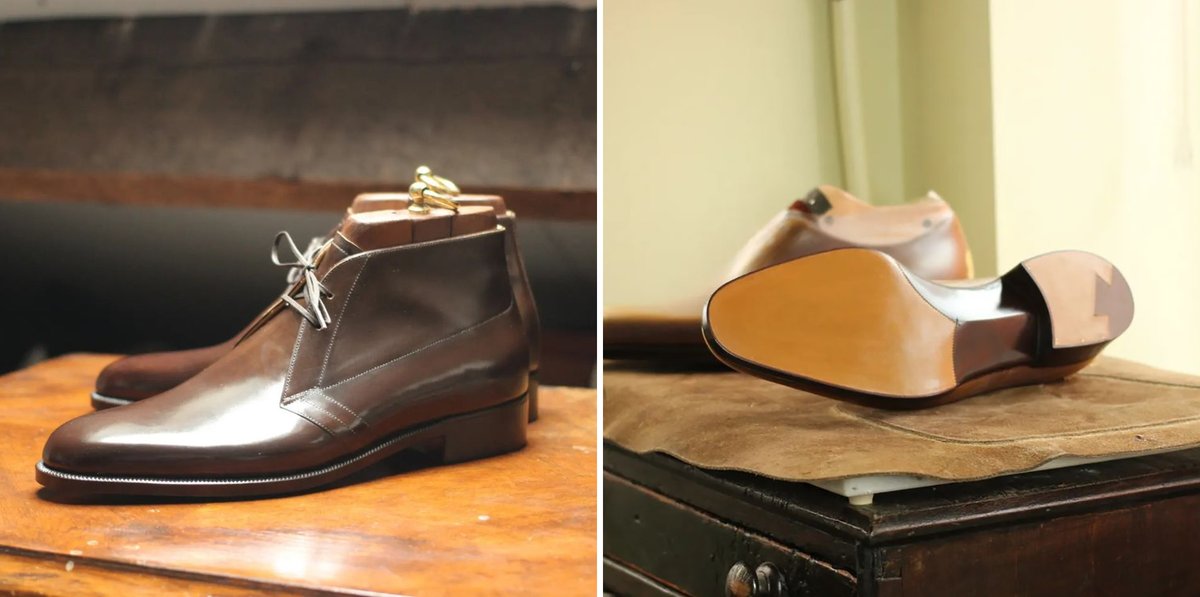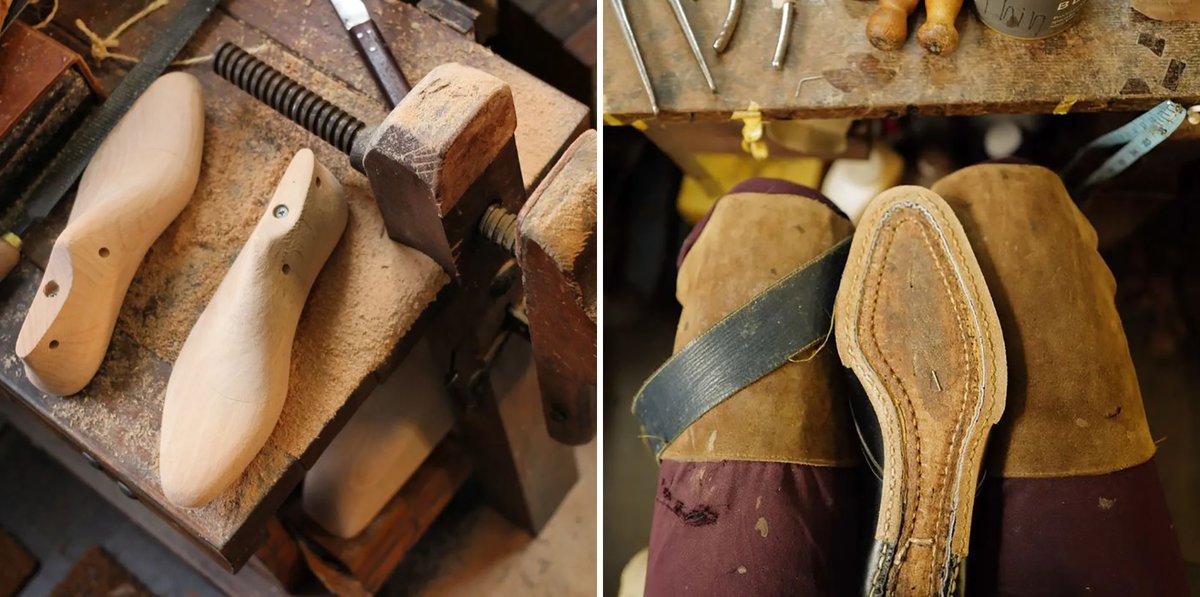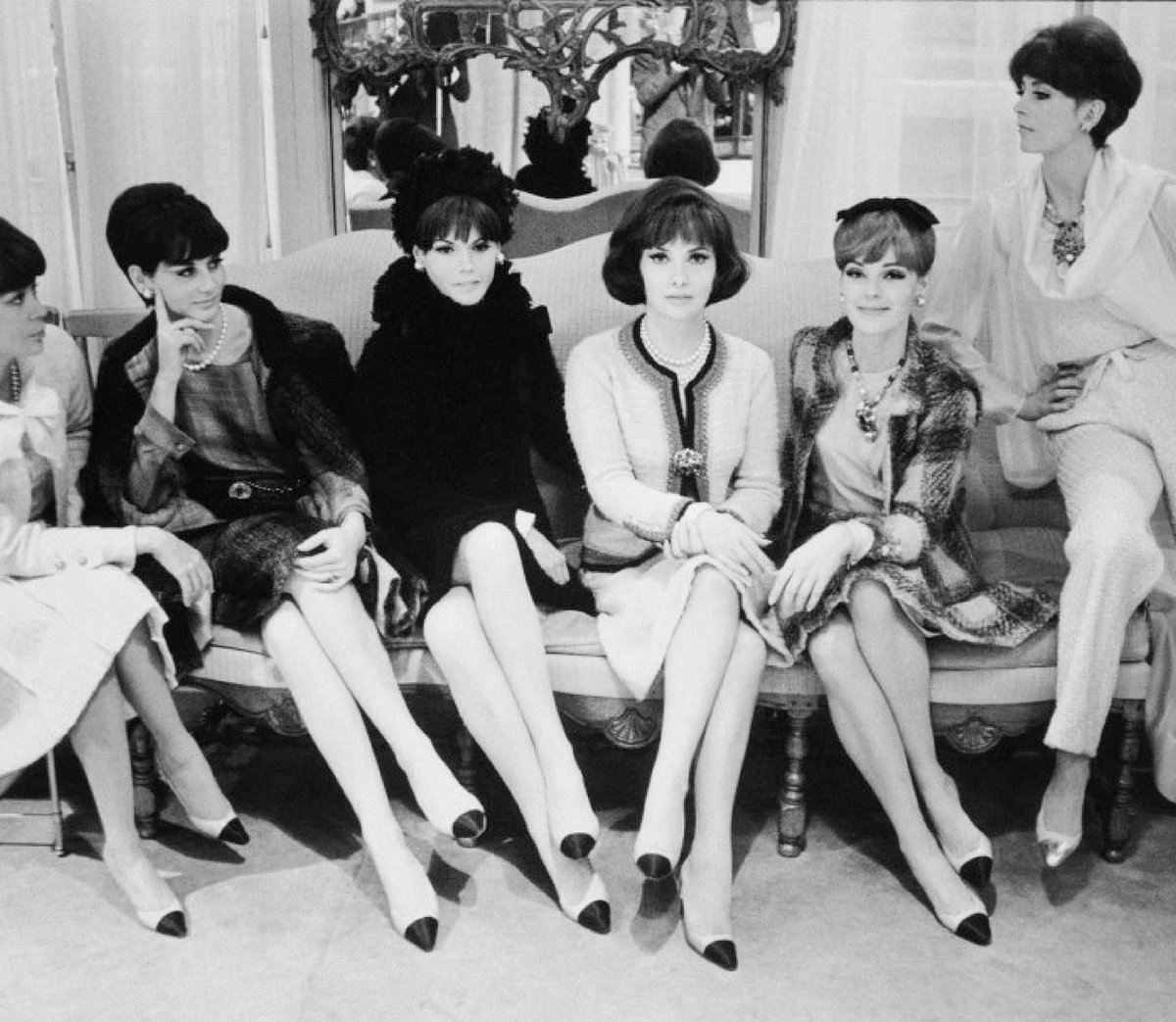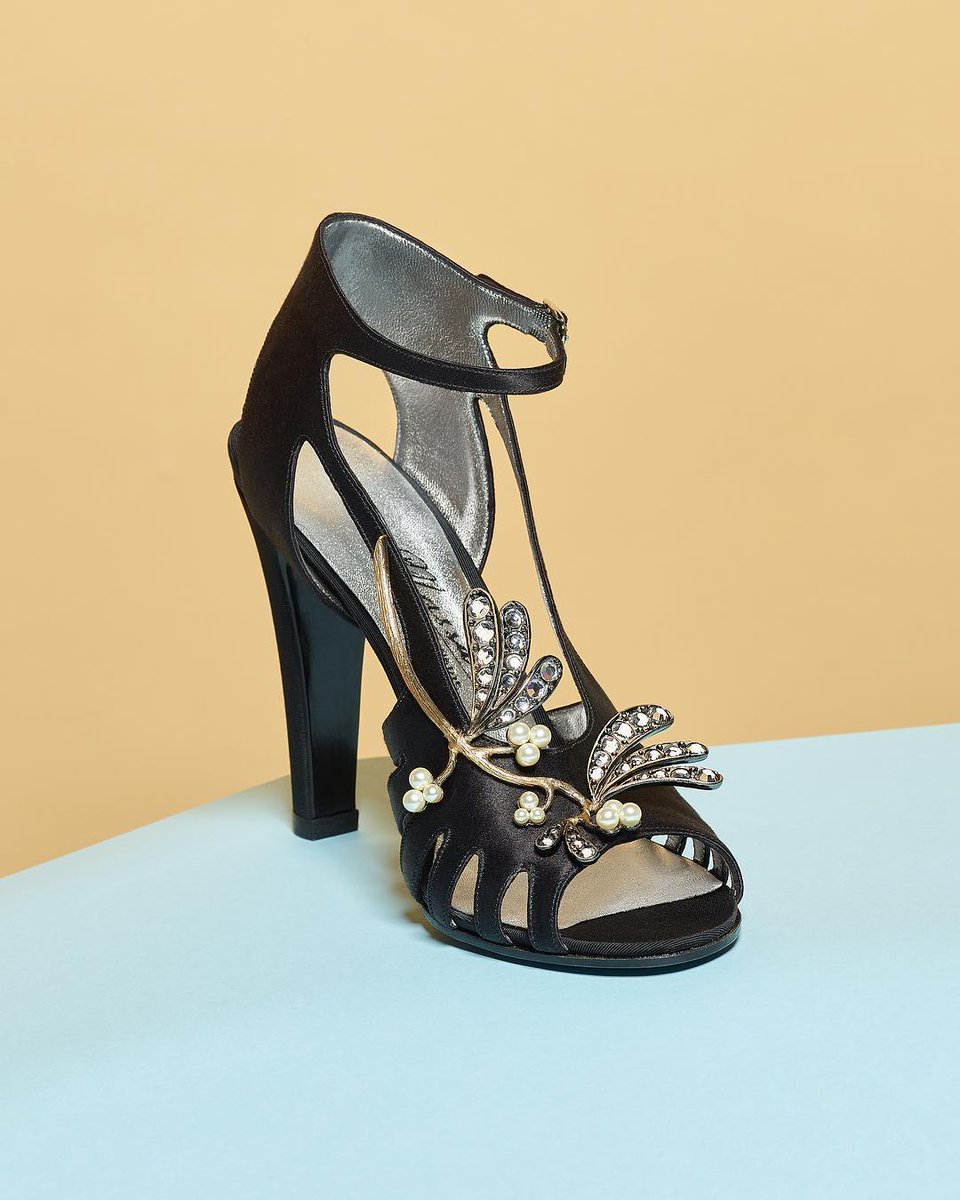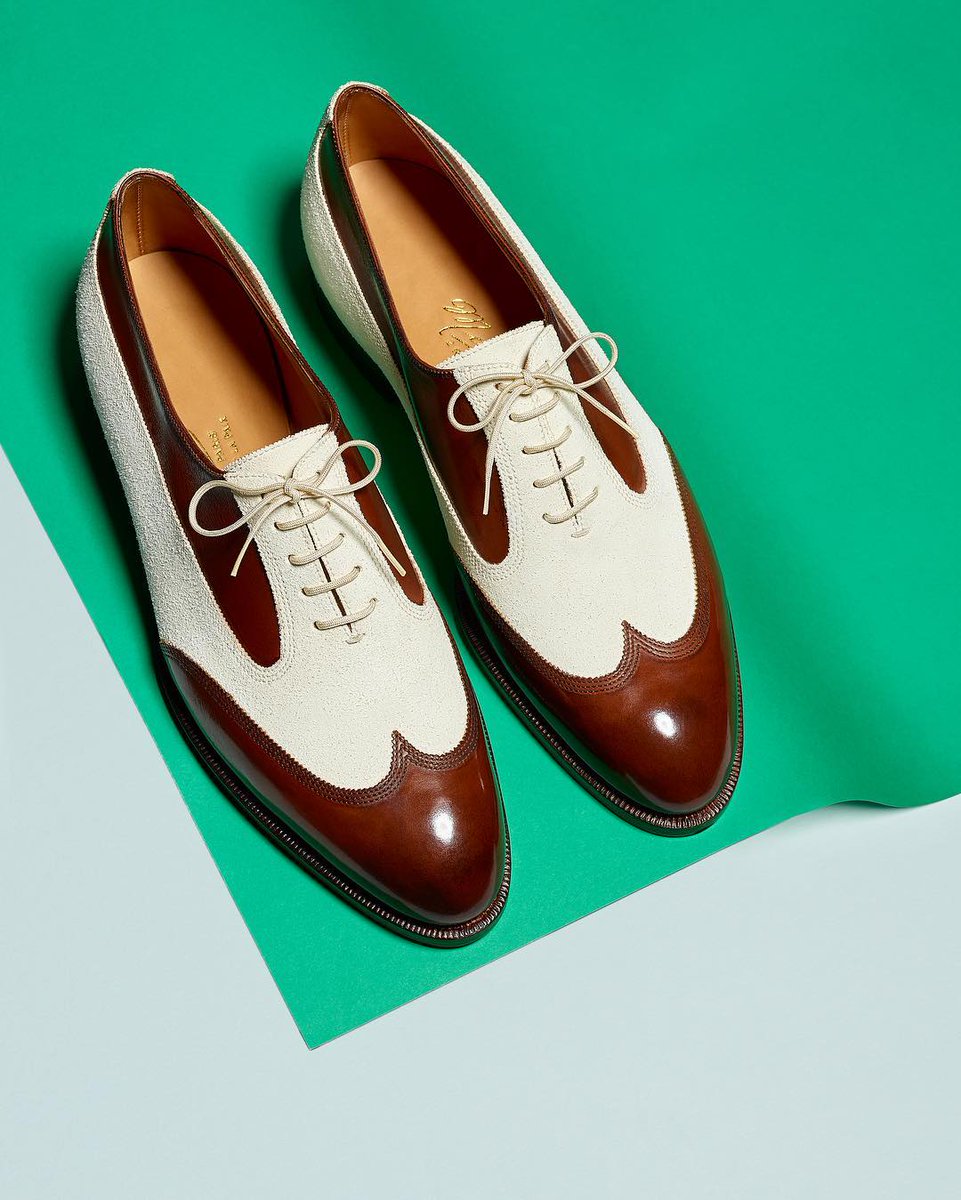I see a lot of backlash here against men not wearing socks. IMO, this is a knee-jerk counter-reaction to the trend, which is as misguided as wearing something just because it's trendy. There is a better way to think about when you should wear socks. 🧵 

As always, do what you like. But if you're wearing a formal suit with formal shoes, I think you should wear socks. Not doing so is incongruous and confusing. Or, at the very least, looks dated and twee in a 2012 menswear way. 

What do I mean by "formal?" I mean the clothes men used to wear for business. Today, people often think that any kind of tailored clothing—even something as simple as a shirt with buttons—is "formal." But in the past, there were finer distinctions. 

Back when tailored clothing was more common, the standard business uniform was a smooth, worsted wool suit in a sober color such as grey or navy. This was worn with black or brown oxford shoes, which had facings sewn into the vamp for a sleeker look.


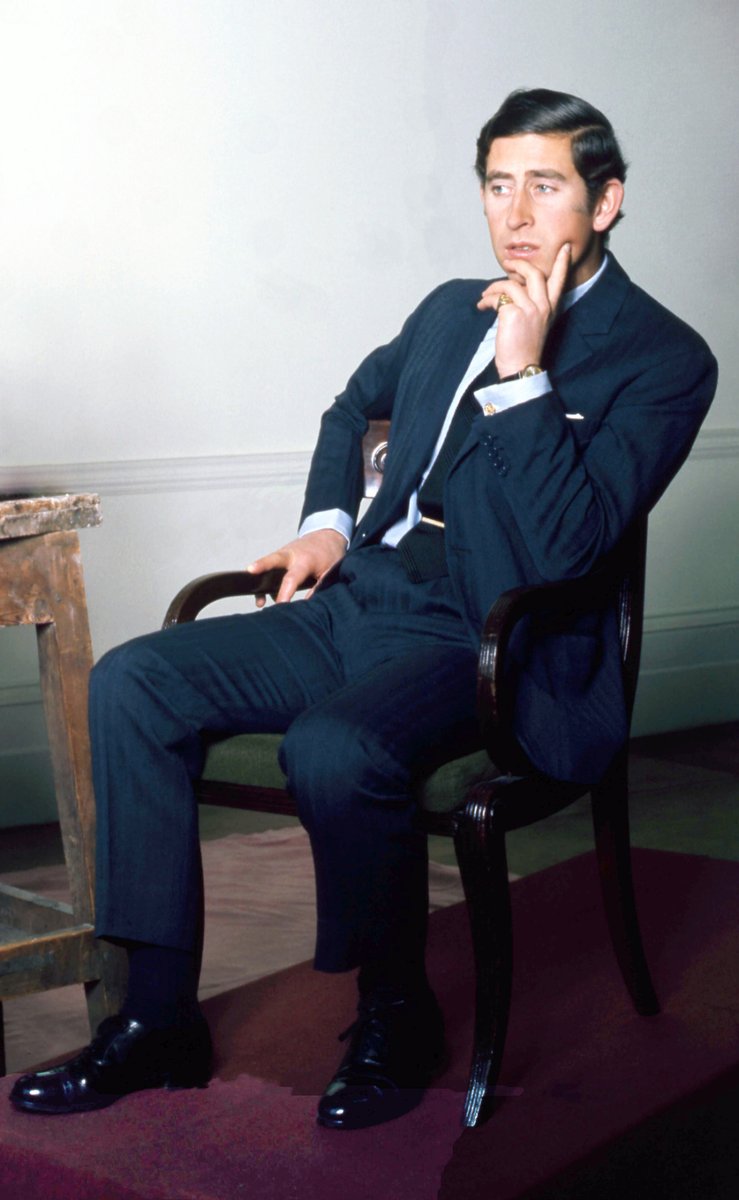

But not all tailoring was meant for boardrooms. Men wore suits and sport coats made from more casual materials, such as linen, cotton, seersucker, Thornproof, corduroy, and such. They came in colors like white, brown, tan, olive, etc.




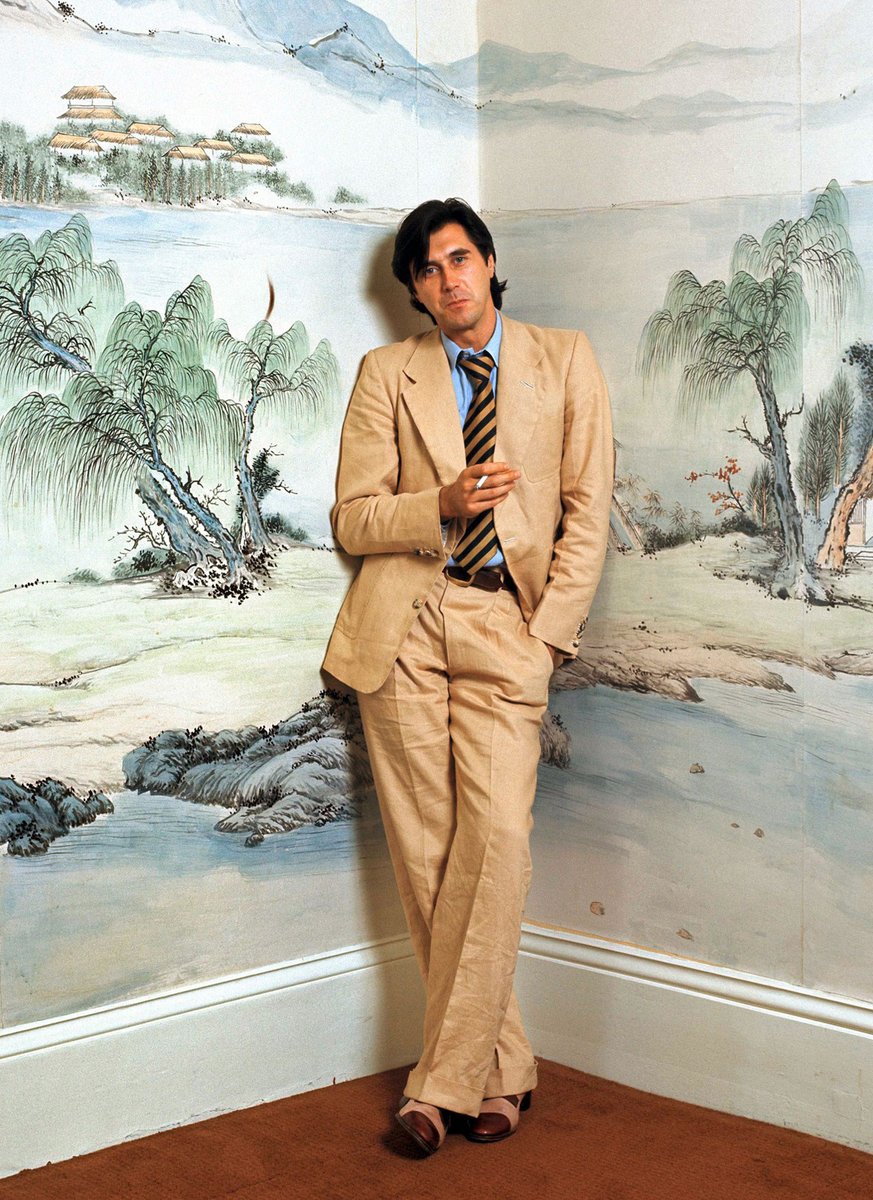



Although the language of tailored clothing is a little lost today, people still understand the general meaning. They know that the outfit on the right is more casual than the one on the left. Think of the distinction between "business" and "leisure."




Suits can be worn with oxfords, but they can also be worn with more casual shoes like loafers, derbies, or boots. This casualizes them further. Color and material also impact a shoe's formality: black is more formal than brown; calfskin is more formal than pebble grain or suede.




So, when considering whether you can go sockless in an outfit, it's more useful to consider the overall coherence in terms of formality. Dark worsted suit with black oxfords? Wear socks. IMO, the outfit on the left looks better than the outfit on the right.




But with more casual attire, you can go sockless. Here are four outfits in increasing order of formality, up to and including a casual suit. Notice that the clothes *and* shoes are casual. Casual clothes + casual shoe = can go sockless, if you want.





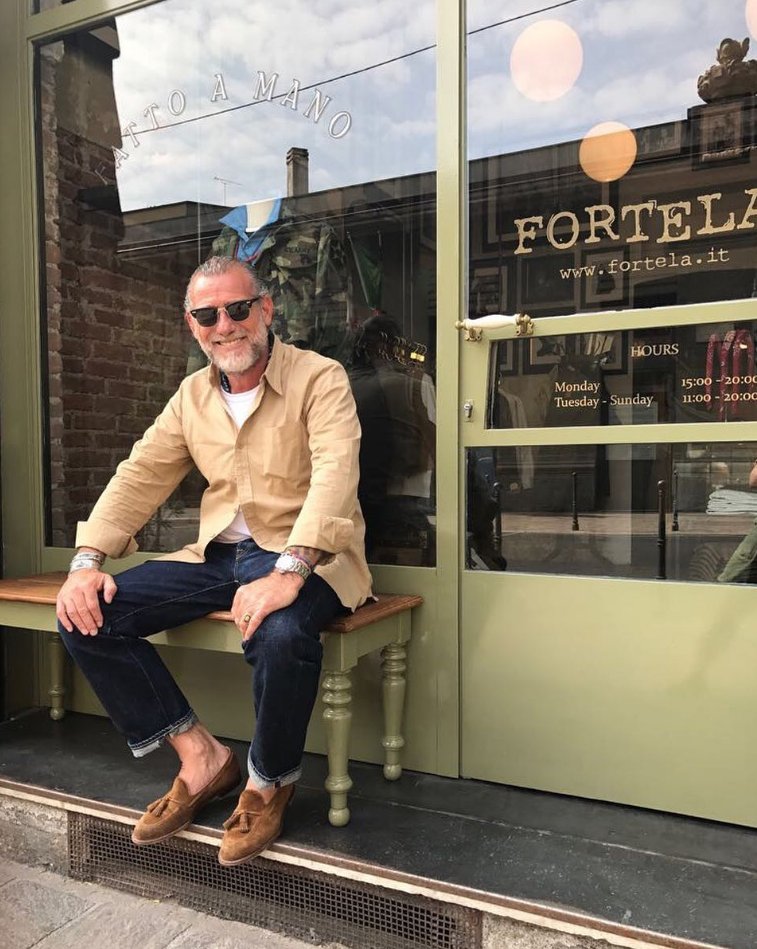


It's not true that this is some totally new modern trend. Look through old photos of stylishly dressed men in warm locales in the mid-20th century, and you may see some bare ankles! Again, notice these are casual clothes *and* shoes.




Some shoes—including non-Western styles, for my inclusive-minded followers—are also commonly worn without socks. These include espadrilles (a canvas Spanish slip-on), givehs (an Iranian slip-on), and huaraches (a Mexican sandal). You will look dumb wearing socks with espadrilles







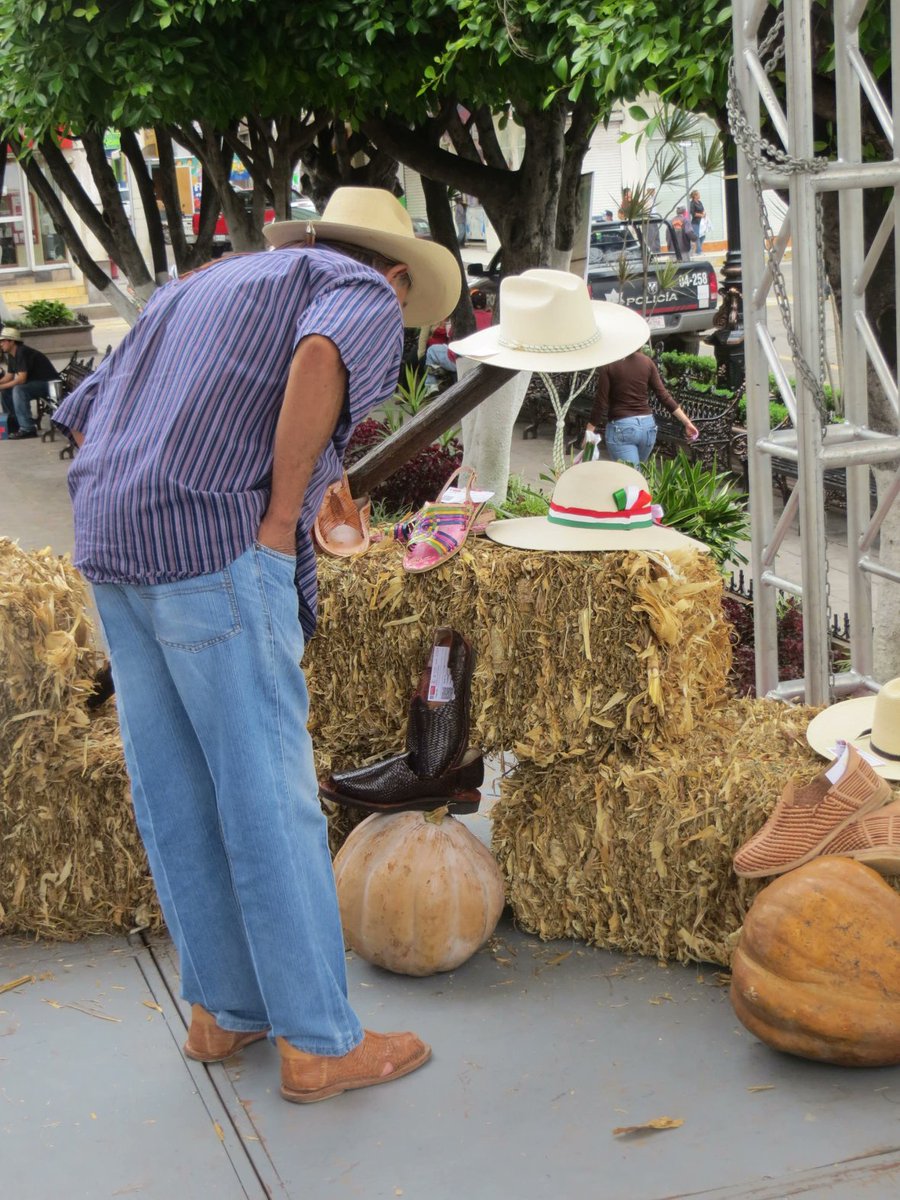
IMO, it's better to think about the total outfit—learning how to read details like language—than to think of things as universal rules. Or to react to things like "This is trendy, so I should wear it" or "It's too trendy, I should not wear it."








As for the question I know is coming up: How do you prevent the stink? You can use Gold Bond powder, no-show socks, or terrycloth insoles. Or just ... you know ... live life. If sockless doesn't work for you, then maybe it doesn't work for you. But some outfits are fine sockles. 

• • •
Missing some Tweet in this thread? You can try to
force a refresh



